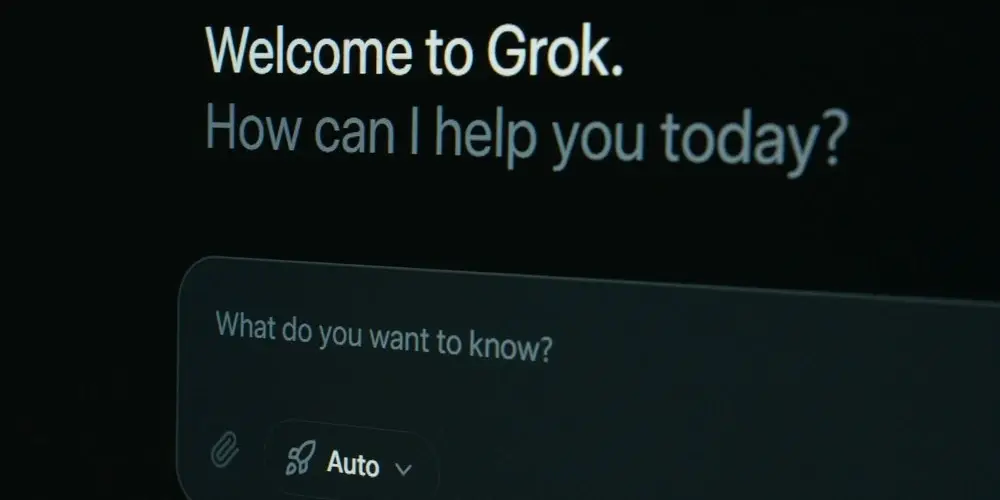Elon Musk’s AI chatbot Grok has landed in the spotlight for all the wrong reasons. Reports reveal that hundreds of thousands of user conversations have been made publicly available through Google search results – without most people realising it.
What happened?
Grok users were given the option to “share” their chat transcripts. But what wasn’t made clear is that clicking this button didn’t just create a private link for a friend or colleague. It also published the chat online, where search engines like Google could index it.
That means anyone could stumble across chats ranging from meal plans and password requests to much more sensitive subjects, like medical conditions or even details about relationships and mental health.
Tech reporters found nearly 370,000 Grok conversations searchable on Google, some of which included highly personal information, files, and even unsafe instructions.
Why it matters
AI chatbots are fast becoming part of everyday life – from helping people write emails to offering health tips. But incidents like this highlight the risks when companies don’t make it crystal clear how our data will be used or stored.
Experts have warned that once conversations are published online, they can stay there forever. Even if names are stripped out, prompts often contain enough detail to identify someone – putting personal privacy at serious risk.
And this isn’t just about Grok. Other major AI platforms have faced similar backlash after shared conversations appeared in public feeds or search results. Each case chips away at public trust in tools that are supposed to be helpful and safe.
What’s next
Elon Musk’s xAI, the company behind Grok, hasn’t responded to requests for comment. Meanwhile, privacy experts are calling this a wake-up call for regulators, tech companies, and users alike.
If you’ve been experimenting with AI chatbots, the takeaway is simple: be careful what you share, and always check how those platforms handle your information.
Stories like this show just how quickly consumer rights and data protection can be put at risk. Register now for updates and we’ll keep you in the loop on the biggest tech and privacy cases that could affect you.








